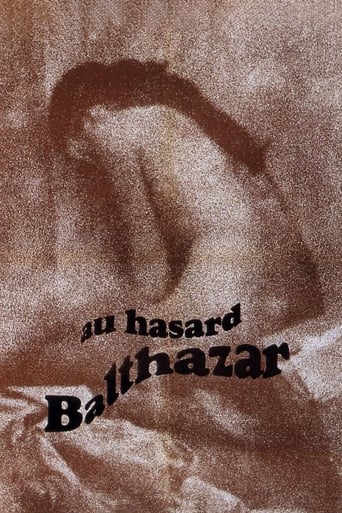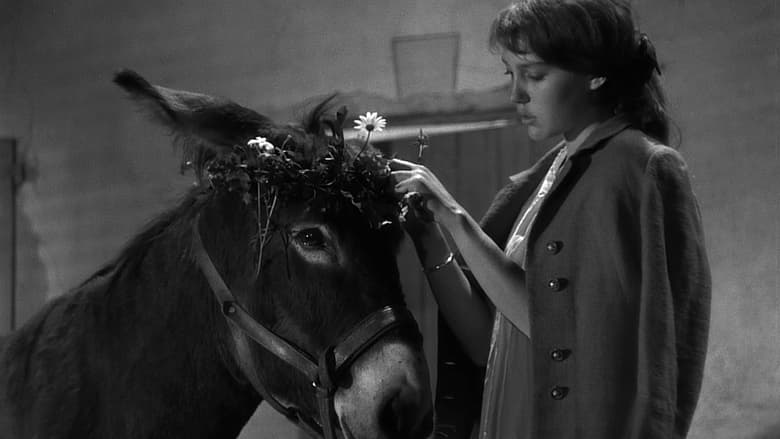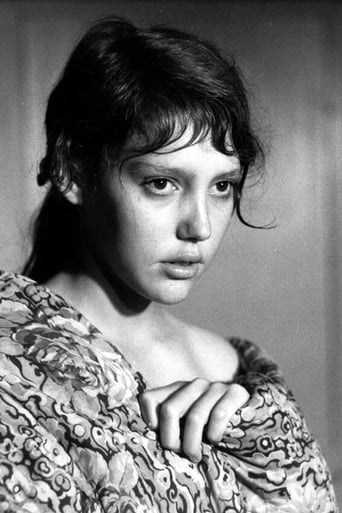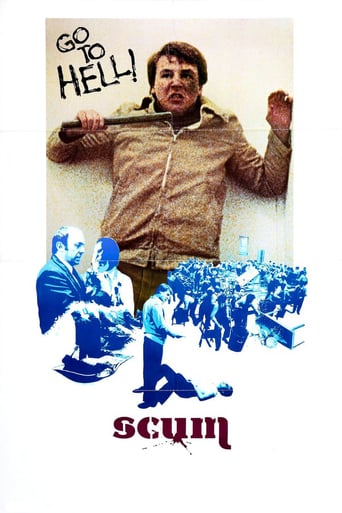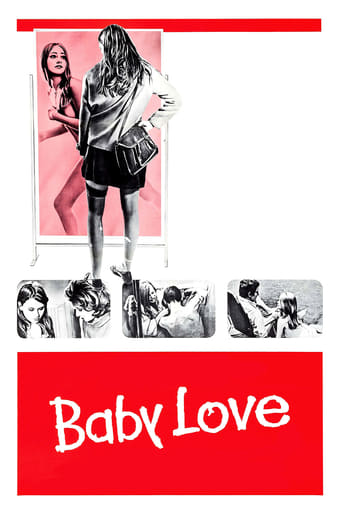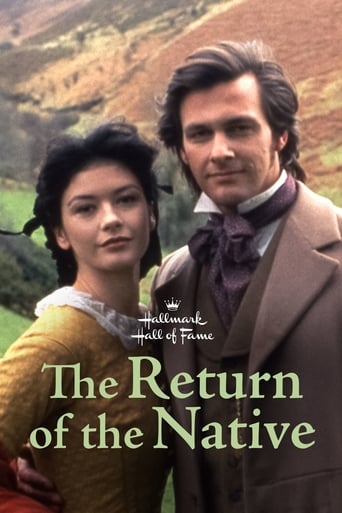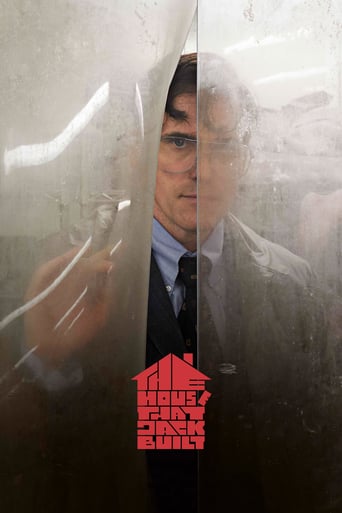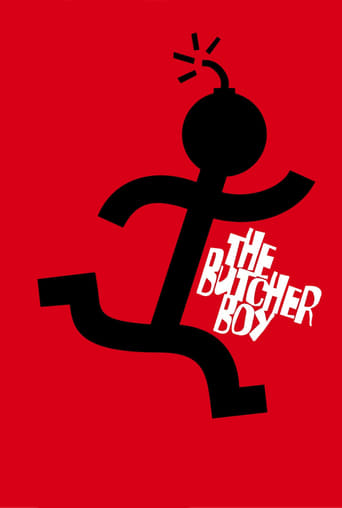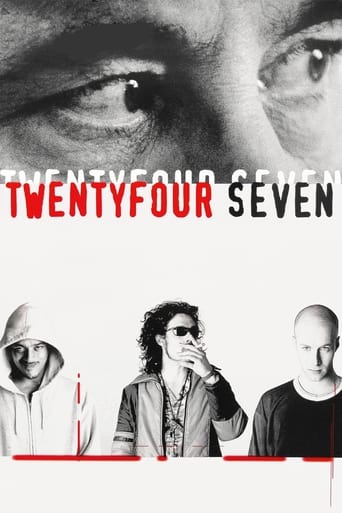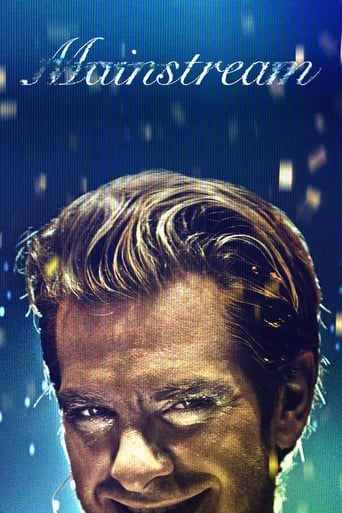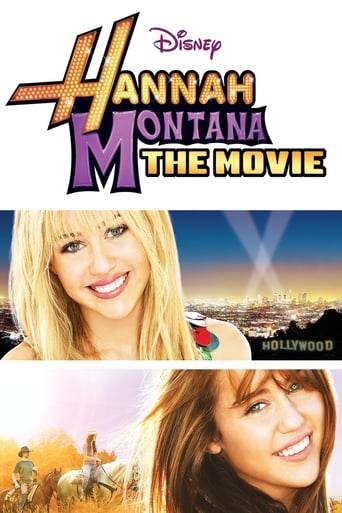Au Hasard Balthazar (1966)
The story of a donkey Balthazar as he is passed from owner to owner, some kind and some cruel but all with motivations beyond his understanding. Balthazar, whose life parallels that of his first keeper, Marie, is truly a beast of burden, suffering the sins of humankind. But despite his powerlessness, he accepts his fate nobly.
Watch Trailer
Free Trial Channels
Cast


Similar titles
Reviews
Purely Joyful Movie!
Dreadfully Boring
The acting is good, and the firecracker script has some excellent ideas.
This is a dark and sometimes deeply uncomfortable drama
Au Hasard Balthazar (French) (1966) Adorable self-abnegating donkey that serves as a symbol to mankind's hardships, Paralleling acquiescent Marie's coming-of-age with abusive and delinquent lover Gérard, But with Bresson's dedication to no acting or emoting, Without really seeing the significance as a religious parable, Ultimately an overrated solemn ode to Christianity, nature, life and death. Gogyohka translates literally to "five-line poem." An alternative to the tanka form, the gogyohka has very simple rules. Five lines with one phrase per line. What comprises a phrase? Eye of the beholder- or the poet, in this case. #Gogyohka #PoemReview
I like movies that work on more than one level and I prefer that at least one of those levels can be taken at face value. Ostensibly this movie could be a simple tale of a donkey's life from birth to death, but it cannot be viewed at that base level. Consider the scene where Jacques, one of the main characters, goes berserk in a bar where a large number of people are dancing. As Jacques hurls liquor bottles at mirrors and rakes bottles crashing to the floor, the dancers continue their subdued dancing as if nothing is going on. That scene does not make sense unless you layer an interpretation on it. My take on it was to view it as a commentary on how people tend to persist in their private little worlds while ignoring the chaos about them. Or take the scene where Balthazar, the donkey, is performing in a circus act where he performs some unbelievably complicated multiplications. As with so many scenes such as these I asked why they were in there and could not come up with good answers.Balthazur witnesses pride, greed, drunkenness, crime, violence, and abuse, but soldiers on, accepting his fate. Is that one of the messages, that we are all just subjects to the whims of fate and should accept that? Do we have no more control over our lives than a dumb donkey? Is this the wisdom that Balthazar has to offer, as suggested by his name's being the same as one of the three wise men? Is he a Christ-like figure, being baptized and ultimately crucified? To come away with anything from this you have to do it for yourself, since Bresson does not make it easy. His characters are so affect-less that my basic response to them was lassitude. This style of character development, if you can call it that, is obviously intentional and it left me with an appreciation only for its novelty. As a specific, compare Jacques in this movie with Marlon Brando in "The Wild One." Dressed like Brando with his leather jacket, tight Levi's, and motorbike Jacques should be as intimidating as Brando, but here we hardly get even Brando light. You have to deduce Jacques' character strictly from his actions, since he does not project an emotional presence. The motivations of the other characters are even more difficult to determine.Bresson does have a style, but it is one that puzzles me. He will frequently play a scene long after it is welcome. People are filmed lazily walking, the camera sometimes concentrating on feet. People take their time entering and leaving rooms, even characters that appear in only one scene. I do confess to being moved by the final scenes where Balthazar meets his end engulfed by a herd of sheep.Directing a donkey must have required some patience on Bresson's part. How many takes were needed for Balthazar's scenes? Think of the scene that has the donkey wending his way through auto traffic.I did not find the interview with Don Richie (an extra on the DVD) to be enlightening. He confesses to being a "Bressonian." I have learned from this movie that I am not a Bressonian.
At the start of Robert Bresson's profoundly touching drama, the children who had been at the purchase of the young titular donkey, Balthazar, baptise the animal, which in essence renders him with a soul, and one which will encounter the cruelties and beauty of humanity. In this early life, the children, particularly Marie and Jacques (later playing as teenagers by Anne Wiazemsky - who later married Jean-Luc Godard - and Walter Green respectively), play with him lovingly, jostling in the hay. With monetary issues, Balthazar is taken into adult life, abused by masters who use his prowess to pull carts, whipping him regularly. He escapes, and goes back to that place of beauty, where the children had so adored him. Of course, they are grown, and Marie (the only one who actually lives at the farm) takes him back in, however, the farm is struggling, and this relationship is soon split.As Balthazar is then moved from owner to owner, he is used to deliver bread, to again pull carts. He is saved at one point by a drunk, Arnold (Jean-Claude Guilbert), who is accused of murder - although this infraction is never elaborated on, and he is only accused several times by local teen-thug and thief, Gerard (Francois Lafarge). Balthazar also briefly becomes a star in a circus, making mathematical calculations using his hoof. Aside from the various moments of violence inflicted upon the poor animal, he is witness to the violence that the people he comes in contact with have over each other. Marie, ignoring the protestations of her fathers wishes to stay away from Gerard, she ignores him and continues a sexual relationship with the petty criminal, which inevitably leads to heartache.Beautifully shot in black and white, the French rural countryside becomes a majestic, and yet horrific backdrop for the sins of humanity, and the innocence of an animal that is forced to do the bidding of the people. Bresson often frames Balthzar at the centre of the image, his large eyes portraying utter pathos - and we, the audience adore him. The final moments of the film are some of the most simple, yet moving moments in cinema history. Gerard, using the now old and work-tired Balthazar, steal him to carry contraband over the border. Fleeing the area due to gun fire from the border patrol, Balthazar escapes into a field where sheep are grazing. Having been shot he walks slowly and joins the flock, sitting, his eyes displaying something that resembles happiness - or at least a relief to be with other animals. The end, however, is also incredibly heartbreaking.www.the-wrath-of-blog.blogspot.com
Faith has been made complicated in the 21st Century. It is economic. It is sociological. It is classist. Above all, it is politicized. Christ's message has been manipulated and warped so that people can justify hate with His words. Mention of the Republican party or the Right will undoubtedly conjure images of frenzied worshipers, people shouting in tongues, and probably Rick Santorum. How many votes in this election will be made with a spiritual basis? Belief has been exorcised from political discourse. It's like your "personal life," something you leave behind when going to work. For many, Christianity has been made a joke - a punchline that everyone knows will never land.It's mental segregation. A religious conviction has been made into shorthand for particular socioeconomic ideas. And wrongly so. Educated liberals offer factual objections to the most basic assumptions in the Holy Bible. In fact, the simple virtue of education has been politicized as well. Believing in a God is now associated with being stupid or uneducated.All of this is equally upsetting. It makes AU HASARD BALTHAZAR so vital.The Christ imagery is not hard to see. BALTHAZAR is about the eponymous donkey and his struggles. It is a touching arrangement of image after image, sound and story. Bresson was a French Catholic and, like those of us with a strong faith, couldn't leave his convictions at home. In art, this fact somehow becomes a virtue again.Bresson's tale is full of impeccable photography and a tremendous script. The pictures are so astoundingly crisp and focused that Bresson teaches us where to look with less labor than Hollywood is every able. It's so subtle, but we have been trained to lie with depth, especially now as we are dancing with three dimensions. He famously said that the only way to photograph was from close and in front. At times, this consistency is redundant, not beautiful, but only when employed in rapidly edited passages. Most of the time, however, his photography is sublime - perhaps more evocative of the Italian school than other contemporary French work. In addition, there is a magnificent script, spending a gorgeous majority in silence, respecting the potential of the image. It owes equally to the formality of mass and the subdued ecstasy in Dostoyevsky.So many remark on Bresson's radiant visual style, but he also makes thoughtful use of sound. Some noises, like a cricket or a creaky wheel will gradually migrate from peripheral to dominating. He constructs these tableaux in layers, but unimposing ones. They are simple, but never insulting. His discipline informs the counterpoint rather than eliminating it.A difficult film, but entirely rewarding. Don't ignore the religious imagery and symbolism. Instead, appreciate the intimacy between Bresson and his material.93.3

